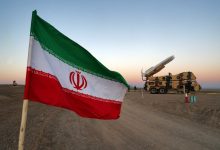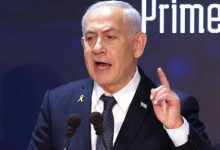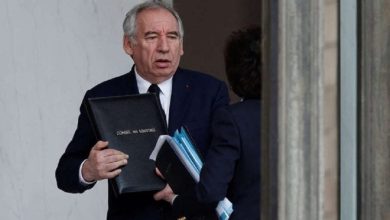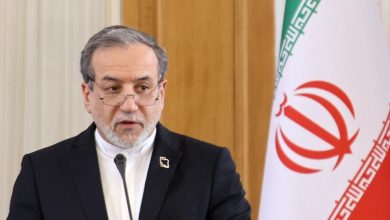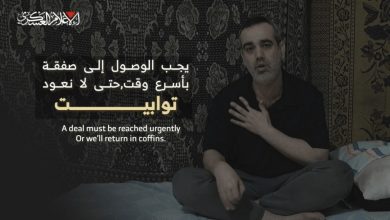Khamenei Breaks Silence on U.S.-Iran Talks in Oman: Cautious Optimism Amid Clear Red Lines
Iran’s Supreme Leader emphasizes trust in national strength over negotiations, as Tehran insists nuclear discussions remain separate from defense matters.
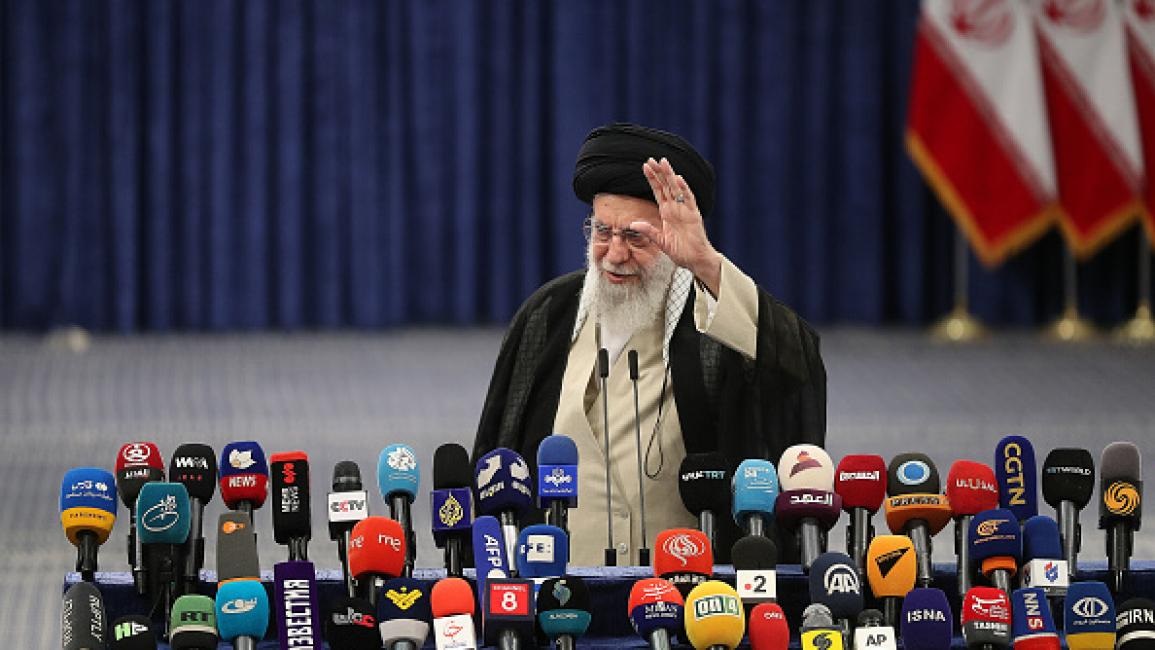
Watan-Iran’s Supreme Leader, Ali Khamenei, in his first comment on the Oman negotiations that brought together Tehran and Washington last Saturday, said, “We are neither overly optimistic nor pessimistic” about them.
Khamenei added today, Tuesday, in a speech during his meeting with senior Iranian officials from the three branches of government, that the negotiations “were a move that was decided upon, and its initial steps were implemented well.”
He added: “We do not place much trust in the other side, but we are confident in our own capabilities.” Khamenei pointed out that these negotiations are just one of dozens of missions undertaken by the Iranian Foreign Ministry, calling on officials not to make the country’s affairs “hostage to negotiations.”

Iran Reaffirms Red Lines in Talks Amid Regional Tensions
Khamenei said, “Our red lines are clear to both the other side and to us,” noting that the negotiations “may lead to a result or may not,” stressing that the mistake of the nuclear deal should not be repeated, in which “we tied everything to the fate of the negotiations.”
For his part, the spokesperson for the Iranian Revolutionary Guard Corps, Ali Mohammad Naeini, confirmed on Tuesday that his country “will not negotiate under any circumstances regarding its national security and defensive and military capabilities,” adding that this is “one of the red lines of the Islamic Republic of Iran.”
He added that the two operations “True Promise I” and “True Promise II” carried out by the Iranian armed forces in response to the Israeli attacks in April and October 2024, “are two prominent proofs of the determination and seriousness of the Iranian armed forces in defending the country’s national security and the Islamic Revolution.”
Iran launched these attacks in response to the targeting of its embassy in Damascus and the assassinations of Ismail Haniyeh, the head of the political bureau of Hamas, in Tehran, as well as Hezbollah’s Secretary-Generals Hassan Nasrallah and Hashem Safi al-Din.
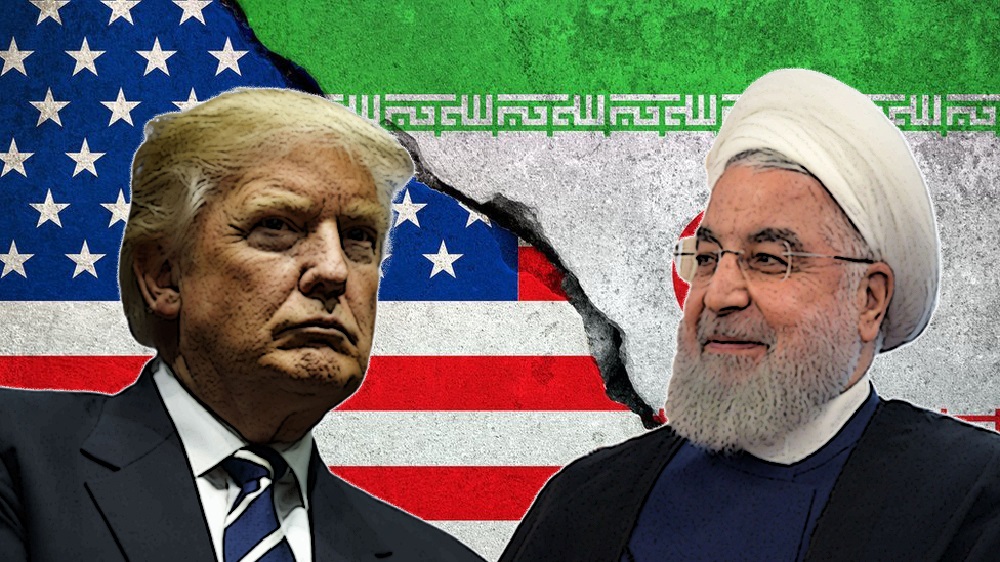
Iran, U.S. to Resume Nuclear Talks in Muscat
Iranian Foreign Minister Abbas Araqchi confirmed, following the Muscat negotiations last Saturday, that the discussions were limited to the nuclear file and the lifting of sanctions.
Also, Foreign Ministry spokesperson Esmail Baghaei emphasized on Monday that his country would only negotiate on the nuclear program and sanctions relief, saying that the program is “entirely peaceful,” and noting that the Iranian delegation will follow the issue of lifting U.S. sanctions with seriousness and focus during the negotiations. He added that both sides are presenting their “frameworks and principled positions” in the talks.
In this context, Baghaei stated to the official IRNA news agency on Monday evening that the second round of “indirect” negotiations between Iran and the United States regarding the nuclear program will be held next Saturday in Muscat, Oman.
U.S. President Donald Trump said on Monday that Iran “can be a great country as long as it does not possess nuclear weapons,” warning that it would face a harsh response if it does not abandon “the dream of acquiring a nuclear weapon,” while expressing confidence in resolving the issue with Tehran by saying: “We will solve the problem with Iran. It’s an easy issue.”

